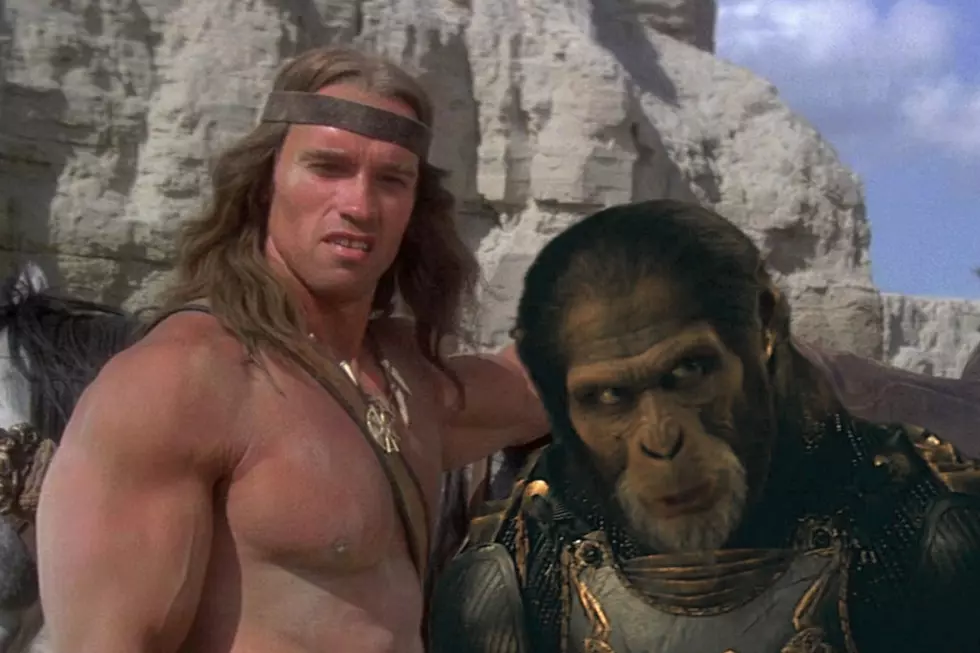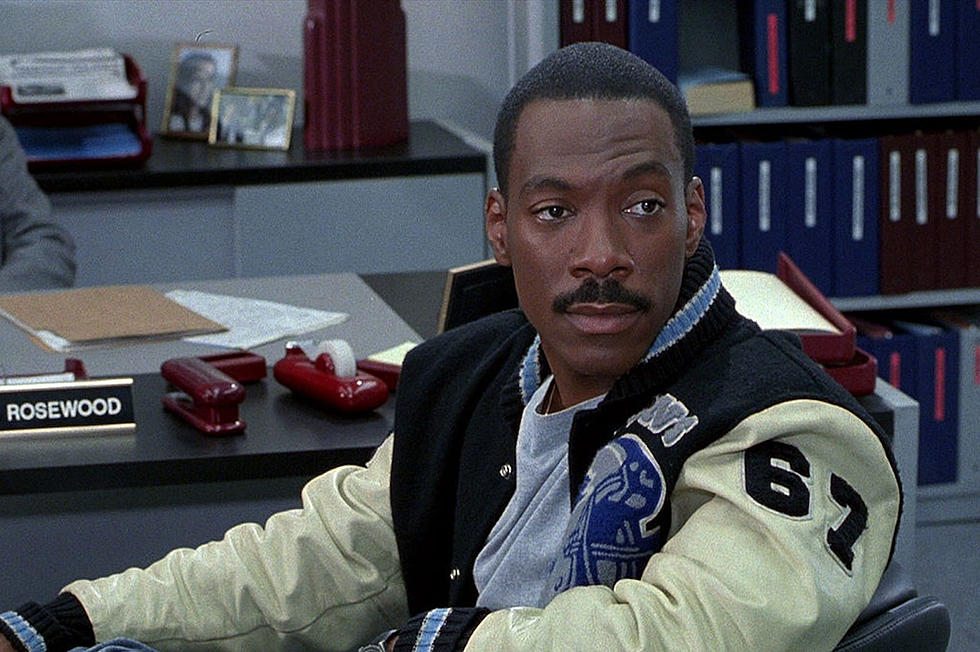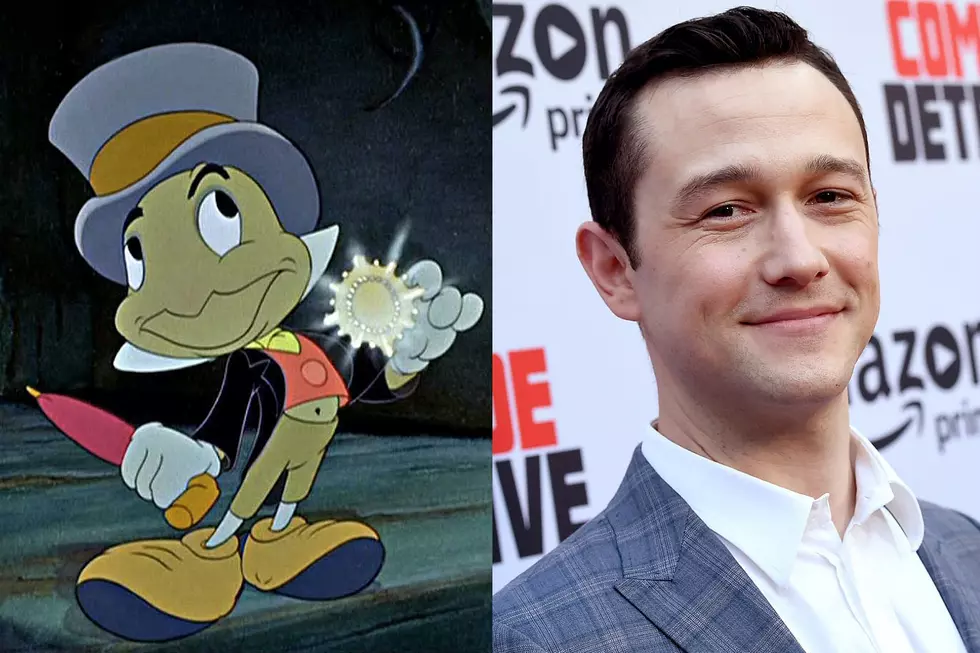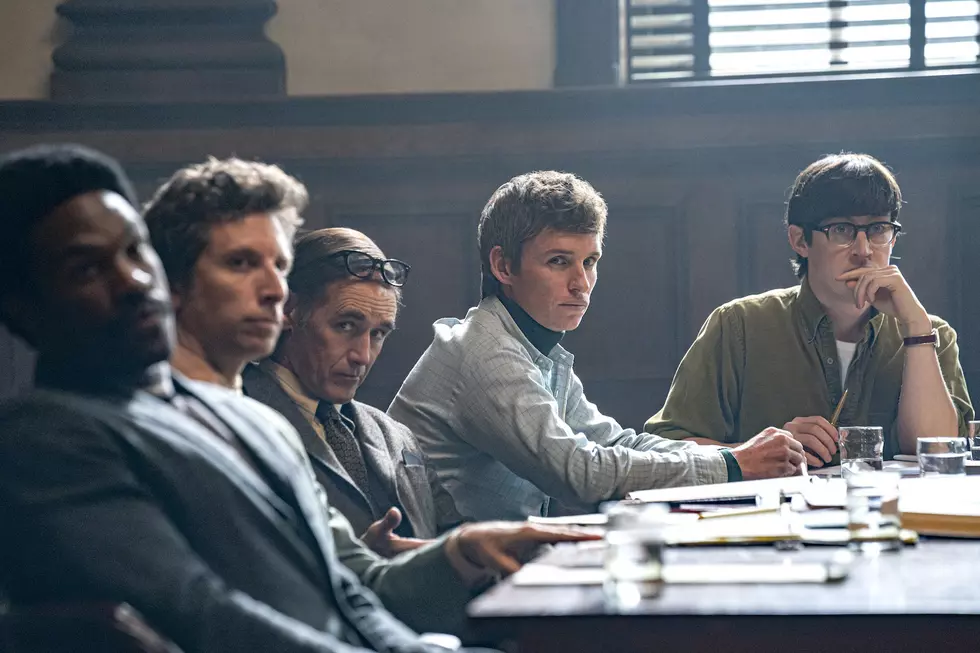
‘Snowden’ Review: Oliver Stone’s Weak Whistleblower Biopic
It’s clear from the first moment of Snowden that Oliver Stone is a staunch supporter of the titular whistleblower. A love letter fueled by a rah-rah patriotism for the former CIA and NSA contractor’s achievements, Stone’s solemn biopic isn’t necessarily a film about Edward Snowden, but for Edward Snowden.
The film charts Snowden’s career in flashbacks while using his Hong Kong hotel meeting with several muckraking journalists as a framing device. The film opens with Laura Poitras (Melissa Leo), Glenn Greenwald (Zachary Quinto), and Ewen MacAskill (Tom Wilkinson) meeting Snowden in the Mira Hotel prior to the publication of their story in The Guardian and Washington Post. Through flashbacks, the film gives us a personalized account of a man we’ve learned about through the media and politicians. We get to know Joseph Gordon-Levitt’s Ed as a young man who once proudly held traditional conservative beliefs, who signed up for the Army Reserve to fulfill what he thought was his duty to serve his country. When he goes on his first date with future girlfriend Lindsay Mills (Shailene Woodley), he refuses to sign a petition against the Iraq War and questions her criticisms of the Bush administration.
While Stone attempts to show us “the real man” behind the infamous figure, many of these moments come off comically bad. Stone shoots a sex scene with Ed and Lindsay where Ed grows increasing paranoid about the webcam on his open laptop. The camera dramatically races into the webcam lens to show a reflection of their bodies in bed. PRIVACY! SURVEILLANCE! NO ESCAPE! the scene shouts. Yeah, we get it.
It’s clear Stone is attempting to give us a stripped down, serious biopic with Snowden, but his stylistic flourishes take us out of the story’s reality. We watch Ed become consumed by anxiety and paranoia, but Stone never allows us to relate or connect to those emotions. One scene depicts Ed’s growing panic through a visualization of XKeyscore, the NSA’s database for searching and spying on citizens. The CGI sequence shows snippets of recordings of people from their digital devices all interconnected by pulsing blue synapses. The camera zooms out as the giant digital web of surveillance forms the stroma of Ed’s iris. Sure it looks cool, but it’s way too on-the-nose.
The best part of Snowden is Gordon-Levitt’s performance as Ed. Though at times he tries too hard to lower his voice into a deep, monotonous hum, he keeps the film grounded when the supporting cast gets swept up in melodrama. Woodley gives the most excessive and mawkish performance, turning Snowden‘s romantic plot (and a lot of this movie feels like a romance) into pure sap. As Greenwald, Quinto is a couple notches too high on the melodrama scale, suddenly bursting into hysterics in one scene as he spits and screams into the camera in a heated argument with his editor via Skype. Leo, Wilkinson, and Rhys Ifan’s CIA instructor are better, but all feel relatively unremarkable.
Snowden has some entertaining sequences, many of which explain the whistleblower’s story in an easily digestible narrative that doesn’t insult the audience’s intelligence or think too highly of itself. But the final moments are a mess; Stone isn’t interested in showing us the real version of the man, only his glorified version. We spend two hours and 10 minutes watching Gordon-Levitt as the infamous whistleblower, then suddenly (minor SPOILER alert) Stone swaps out his actor to show the real Edward Snowden sitting in his place. It isn’t just a brief, subtle nod to the real person; it’s Snowden performing as Snowden. He continues Gordon-Levitt’s speech about his legacy via webcam from Russia, then looks off camera smiling as the credits roll beside his face. It’s a bizarre, laughable moment that upends what Stone and Gordon-Levitt have spent the entirely of the movie creating.
Why make a dramatization of historical events just to toss them out the window at the last minute for the real person? Why watch Edward Snowden play a version of Edward Snowden when you can watch the real guy as himself in Laura Poitras’ Citizenfour? It’s a struggle to figure out what exactly the point of a movie like Snowden is when Citizenfour already exists. Snowden is nothing more than rabid cinematic cheerleading that’s too consumed with Stone’s own praise to actually make us care.
More From ScreenCrush









